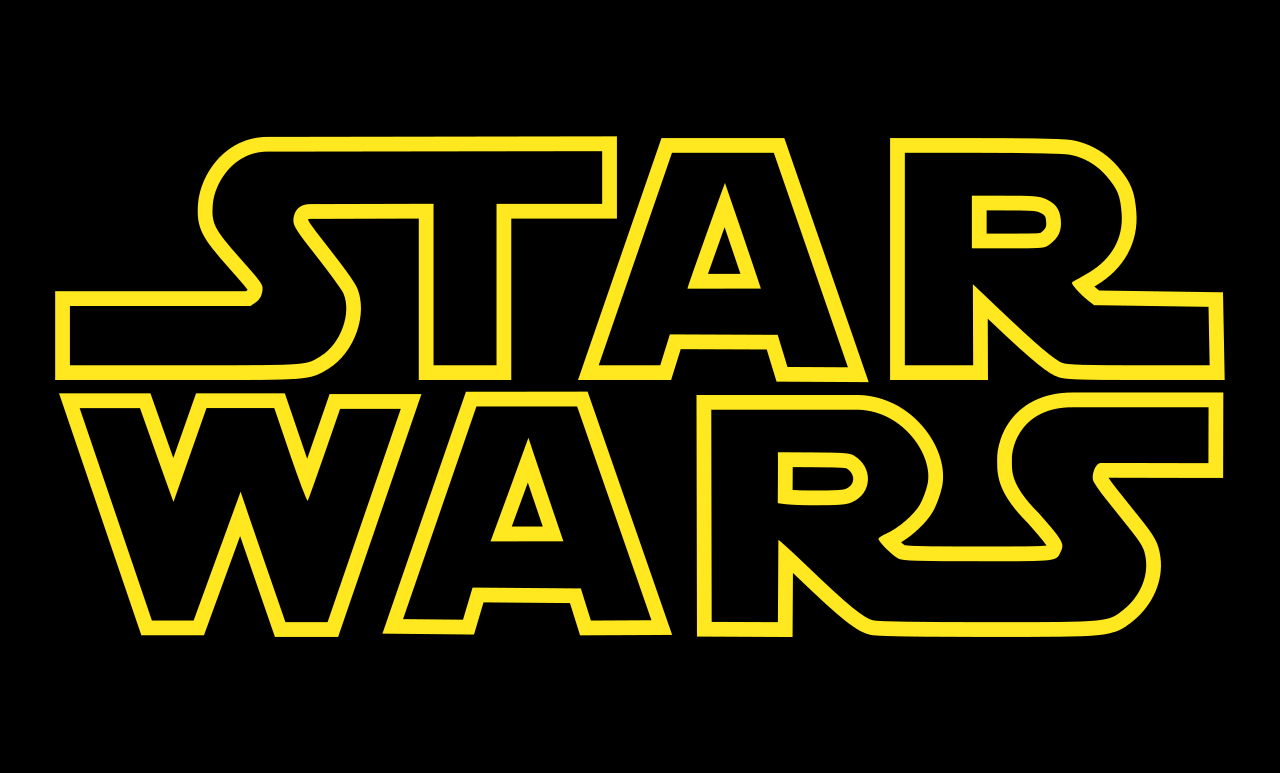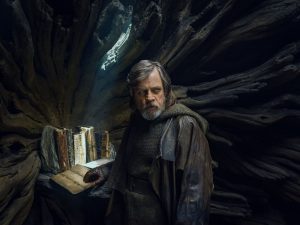The lights go down. The text appears on the screen. “A long time ago in a galaxy far, far away….” And then: a cut to a shot of space with a loud, jarring musical chord in the background.
Jarring is the best word to describe the opening to Rogue One. It feels odd to see those ten famous words on the screen, and then to suddenly jump right into the film. The Star Wars opening is iconic, a formula as familiar as the films themselves. So much of what makes these opening crawls so memorable is the music. The text itself, exposition meant to set the stage for the films, an idea that Lucas drew from old Flash Gordon serials, is rarely memorable, and even the most committed fan will have trouble recalling exact phrases. But what everyone remembers is the booming, epic score in the background, music that has become inextricably linked with Star Wars.
John Williams’ Star Wars theme is arguably the most iconic in film history. The James Bond theme comes close, but it is difficult to find another musical composition as eminently recognizable. Although there have been claims that Williams borrows notes from other composers, his sheer output on the Star Wars films is staggering, especially when compared with his other signature works in films like Indiana Jones, Superman, Jurassic Park, and Jaws among others. In Star Wars specifically, in addition to the main theme, there’s also the Force theme, the Imperial March, Rey’s theme, certainly too many to fit into one article. All of Williams’ work raises a vital question for the future of the franchise: can there be Star Wars without John Williams?
Rogue One was a step outside typical Star Wars fare for a number of reasons, but one important one that wasn’t so apparent from watching the film is that it is the first live-action entry not to have music written by Williams. Instead, Michael Giacchino wrote the score, drawing on Williams’ familiar work. After a first viewing, the score didn’t really stand out. The lack of an opening crawl meant that there wasn’t really an emphasis on it in the same manner as other Star Wars films. After listening to Giacchino’s work on its own though, it becomes clear that Giacchino is Williams’ heir.
Giacchino’s non-Williams work is solid, if not spectacular. His work on Star Trek was his first time integrating a classic theme with his new work, and the result is very memorable. He has had some other work on various Pixar films, and on the television show Lost. The first foray into dealing with Williams’ classic themes came in the form of Giacchino’s scoring of Jurassic World in 2015. Moviegoers listened intently for the sound of the original Jurassic Park theme in the film, and were not disappointed, but most likely let the rest of his work fade into the background. But like his later work on Rogue One, Giacchino’s work on Jurassic World is quite good. The highlight is the track “As the Jurassic World Turns,” where Giacchino seamlessly blends Williams’ compositions with his own.
If Jurassic World created the potential for Giacchino to take over for Williams, then Rogue One cemented his status as Williams’ successor. What is great about the Rogue One score is how Giacchino draws on the entire range of Williams’ work on Star Wars. “Confrontation on Eadu” is reminiscent of both “The Battle of Hoth” and “The Battle of Endor” in the original trilogy. “Rogue One” has an upbeat, heroic energy that echoes “March of the Resistance” from The Force Awakens. “Hope” has enough high pitched, intense vocalizing to make “Duel of the Fates” blush. “The Imperial Suite” is deliciously villainous, just as “Krennic’s Aspirations” subtly draws on the original Imperial theme. Giacchino is able to balance the frenetic pace of the actions scenes with more emotional material quite well in the score.
All of this isn’t to say that Williams should be pushed out the door. At 85 years young, every Star Wars fan is praying that he continues writing new music well into triple digits. If nothing else, Rogue One proved that Star Wars can survive without the Skywalker name and without Williams’ scoring. Giacchino has proven adept at respecting the work he’s drawing upon while still creating enough original material to make the score his own. He is the chosen one to succeed Williams as Star Wars composer. As a wise Jedi once said, always two there are, no more, no less. A master and an apprentice.






